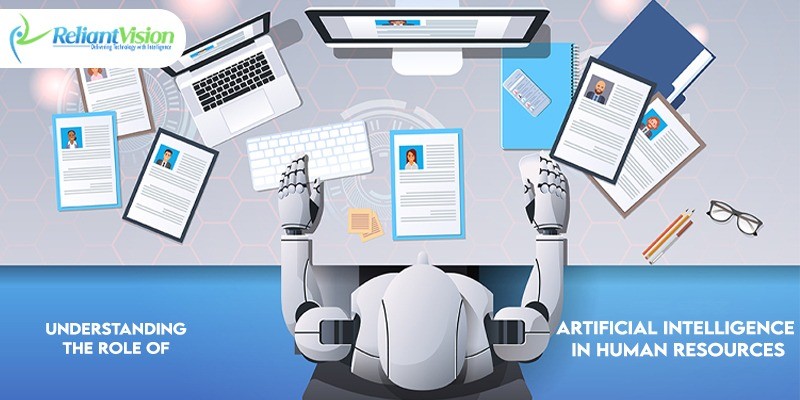Artificial Intelligence (AI): Concept and Application in Human Resources
Artificial Intelligence is primarily a Technology aimed at enabling us in the resolution of cognitive problems and allowing systems (machines) to “think like humans.” High-speed computing using complex computer algorithms in the handling and processing of large data volumes are one of its main components.
Although Artificial Intelligence was once thought to be a science fiction concept, most technology experts today recognize that smart technology adoption is actively transforming workplaces. Artificial Intelligence (AI) has applications in almost every discipline and sector, and human resources are no exception.
The incorporation of Artificial Intelligence (AI) into human resources (HR) practices is improving organizational efficiency because these applications can analyze, predict, and diagnose to assist HR teams in making better decisions. In 2018, only 32% of employees used AI at work. In 2020, 50% of workers are using AI at work.
The majority of employees (65%) are hopeful, enthusiastic, and happy to have robots as their coworkers, and nearly a quarter say they have a loving and rewarding relationship with AI at work.
Why is Artificial Intelligence (AI) being used in human resource functions?
HR is all about engaging businesses with existing and potential workers on a personal level. This needs to be made possible by leveraging scalable AI technology in the HR departments of organizations on a large scale. AI can be integrated into the employee life cycle from recruitment and onboarding to providing a personally appropriate work experience through HR service delivery.
Many businesses have invested in AI to help them assess an applicant’s past job experience and preferences and align them with open positions that are ideally fit for them while they make the candidate experience a priority for their recruitment operations.
AI allows HR departments to improve the candidate or employee experiences by automating repetitive, low-value tasks and freeing up time to focus on the strategic, creative work that HR teams require and desire. Rather than spending time supervising every step of the new employee onboarding process, those steps can be intelligently automated.
Artificial Intelligence (AI)-enabled Human Resource functions
AI in Human Resources opens up a world of infinite possibilities and is a major step forward in delivering path-breaking value to HR professionals. The following are some of the roles that Artificial Intelligence can perform for human resources:
- Recognizing Employee Referrals
AI is allowing HR teams to gain a greater understanding of employee referrals by examining the types of candidates that employees are referring and learning who refers the most active candidates. When AI analyses performance data from previous referrals, it may spot applicants that are close to successful employees.
By automating routine, low-value activities and freeing up time to concentrate on the strategic, innovative work that HR teams need and want to do, AI allows HR departments to enhance the applicant and employee experience.
- Increasing the effectiveness of learning and development programs
Learning and development (L&D) involves training staff for new positions that will inevitably demand more human skillsets, in addition to teaching AI skills and digital dexterity. AI is a game changer in the emerging world of capacity shortages and enhancement. Through conversational analytics, artificial intelligence is assisting in the creation of personalized learning paths; ultimately leading to new horizons in L&D. HR managers should perform skill gap analyses and schedule digital training opportunities accordingly. Managers and employees can use conversational AI to keep track of such training.
- Using Workforce Analytics as a Source of Information
Workforce analytics and planning are becoming increasingly popular among businesses. AI and machine learning are becoming more prominent in these workforce analytics applications. AI in HR will help managers solve challenges and make better decisions that influence employee and organizational performance.
Conclusion
Machine learning and artificial intelligence advances are increasingly changing the trajectory of human resources, and the relationship between humans and machines is being redefined at workplaces every day.

